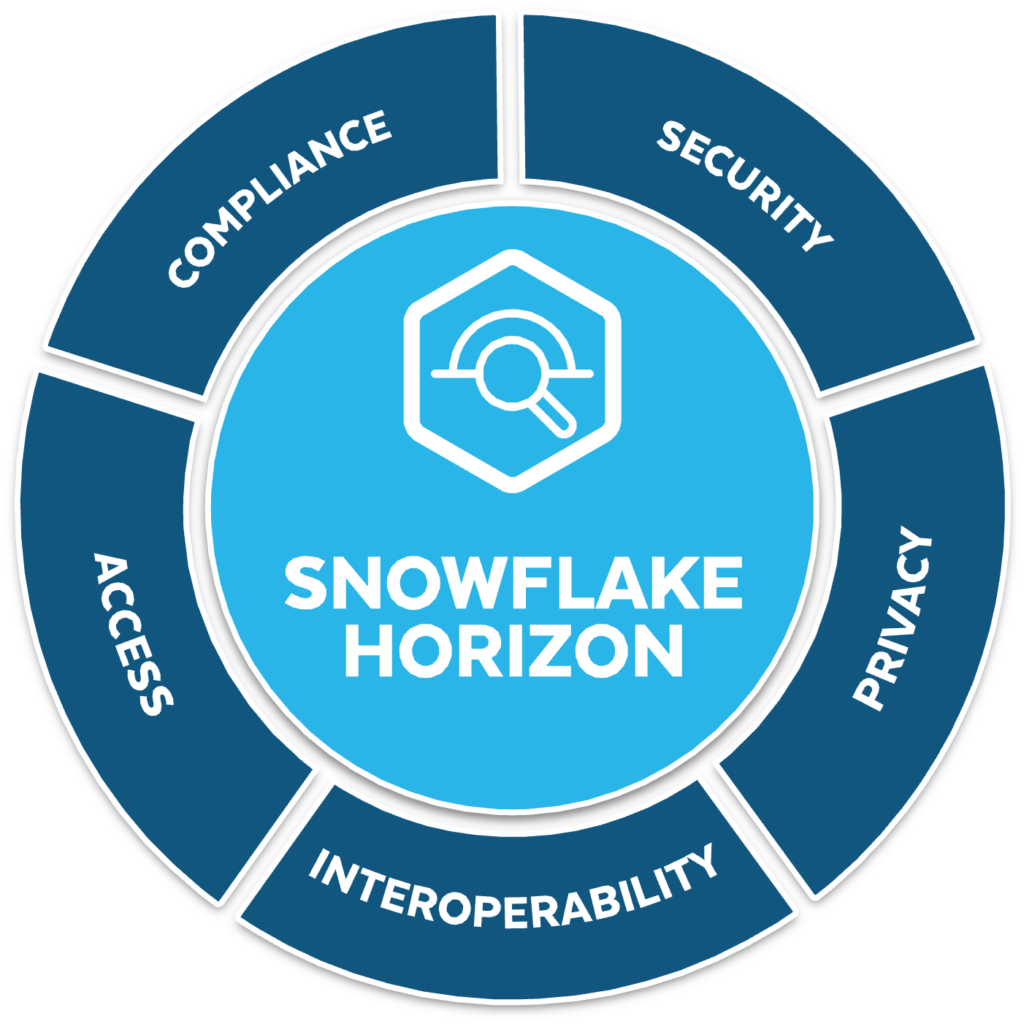Undoubtedly, modern companies are data-driven, which means that effective data management has become a major business endeavor. In this regard, organizations are increasingly turning to data cataloging.
From card catalogs in libraries to paper catalogs for all types of business, catalogs have existed as a dependable method of organizing, storing, and retrieving individual data way before the inception of the internet.
Cataloging data must also assume a new form to meet the demands of the modern world to thrive in today’s data-driven world. Enter Data Catalogs.
This article will shed light on one of the best data management strategies — Data Catalog. Specifically, this article will discuss the following data asset catalog topics:
Data Catalog Definition
It is fitting to answer the question “what is a data catalog?” first to understand why you need a data catalog.
In its most basic definition, a data catalog is a carefully structured inventory of data assets across all of your data sources. It assists organizations in better discovering, understanding, and consuming data. With a data catalog, all of a company’s sensitive data, associated metadata, data or metadata management, and discovery tools get ordered and indexed, making data sets easily available for both data users and other relevant business terms.
In the beginning, companies largely utilized data catalogs to assist analysts in finding and understanding big data more rapidly. Modern data catalogs are increasingly getting used to solving a broad range of data intelligence solutions, including data discovery, analytics, data governance, privacy, and cloud data transformation, to name a few examples.
If you want to learn more about data catalogs, check out our full guide to data catalogs.
Benefits of a Data Catalog
Why data catalog? Simple enterprises of all sizes and industries benefit from the following benefits of establishing a data catalog:
- Modern Data Catalogs Reduce Data Risk: Data catalogs assist in ensuring compliance with various regulatory frameworks, hence decreasing overall data risk.
- Data Catalog Features Save Money: People work on data instead of finding it. Thus, increased data asset cataloging and monitoring save a lot of money through significant productivity gains.
- Data Catalog Standards Save Time: Productive data teams can achieve more data projects with 30% less data team time than their less productive counterparts do.
- Data Asset Catalogs are Key to Retain Top Talents: Enhanced data culture and overall high-efficiency practices aid in the retention of high-quality data professionals in data engineering teams and the entire organization.
- Data Cataloging Facilitates Better Business Decisions: Data users across functions can have more confidence in the data they use and better understand its life cycle. This improvement in data quality results in more informed business decisions.
Examples of Data Catalog Systems
Several large corporations have developed their data cataloging solutions to address their internal data management challenges. To fully grasp the essence of what is a data catalog tool, here are examples:
Free Data Catalog Tools
Free data catalog tools are open-source technologies that enable external teams to develop and build their data catalogs. While these tools are free, they come with several drawbacks, including difficulty in deployment, the requirement for data engineering resources to set up, and a lack of IT personnel and data stewards to oversee maintenance and support.
Paid Data Catalog Tools (Data Catalog Products)
On the other hand, paid data catalog systems can take care of most issues from open-source catalog tools, but they may come with many disadvantages, such as high upfront costs and license lock-in.
In the end, it is critical to remember that merely putting a tool in place may not be the solution to your data problems. The issue with most of these data catalog tools is that they require work in cataloging the data, and changes in processes, and otherwise may fall short of the data democratization objective.
Data Catalog Features
Data users and IT experts can utilize data catalogs to improve data quality, data governance, and data enablement activities. With that, here are some of the most important catalog features that firms should look for when adopting technology to help them with their data cataloging endeavor.
Data Ingestion and Discovery
Companies must integrate the majority, if not all, of their organization’s systems, including apps, databases, files, and even external APIs, to establish an effective data catalog solution.
A well-designed data catalog will include several pre-built adapters that can automatically discover all metadata associated with systems, such as table names, attribute names, and constraint names. Moreover, the data catalog should continuously explore sources for new data sets and maintain a history of previously discovered data.
Search Interface
The majority of data catalogs include a search interface, enabling users to locate pertinent information across the company rapidly. Certain data catalogs go above and beyond by having a natural language search interface, allowing business and other data users to do searches using natural language rather than coded phrases.
Business Glossary
The major phrases and concepts utilized by the company get defined in a business glossary. It acts as an organization’s common vocabulary, ensuring that the correct terminology is used consistently in every context.
Data Quality Monitoring
The ability to track data quality and how it changes over time can be built right into the data catalog, allowing users to determine whether they can trust a certain data collection appropriate for their needs.
Furthermore, you may use AI to detect abnormalities or rapid changes in data and alert users, allowing for ongoing error correction.
Metadata Management
Metadata management is at the heart of data cataloging. It establishes the foundations for classifying, inventorying, and analyzing data for various use cases, providing context and information for data assets housed across the company.
Conclusion
As the world increasingly shifts to digital, data catalogs are being rapidly and broadly integrated into systems across industries to manage the massive amounts of data available.
However, managing data catalogs and the data contained within them is a significant challenge that you can handle most efficiently through the assistance of a highly competent partner.
Satori helps your existing data catalogs by continuously discovering new sensitive data types without performing any scanning. For example, you can read how we integrate with the Collibra data catalog. Satori helps maintain data access in a secure and simple way, without changing anything in your data stores.
To read more about Satori:



